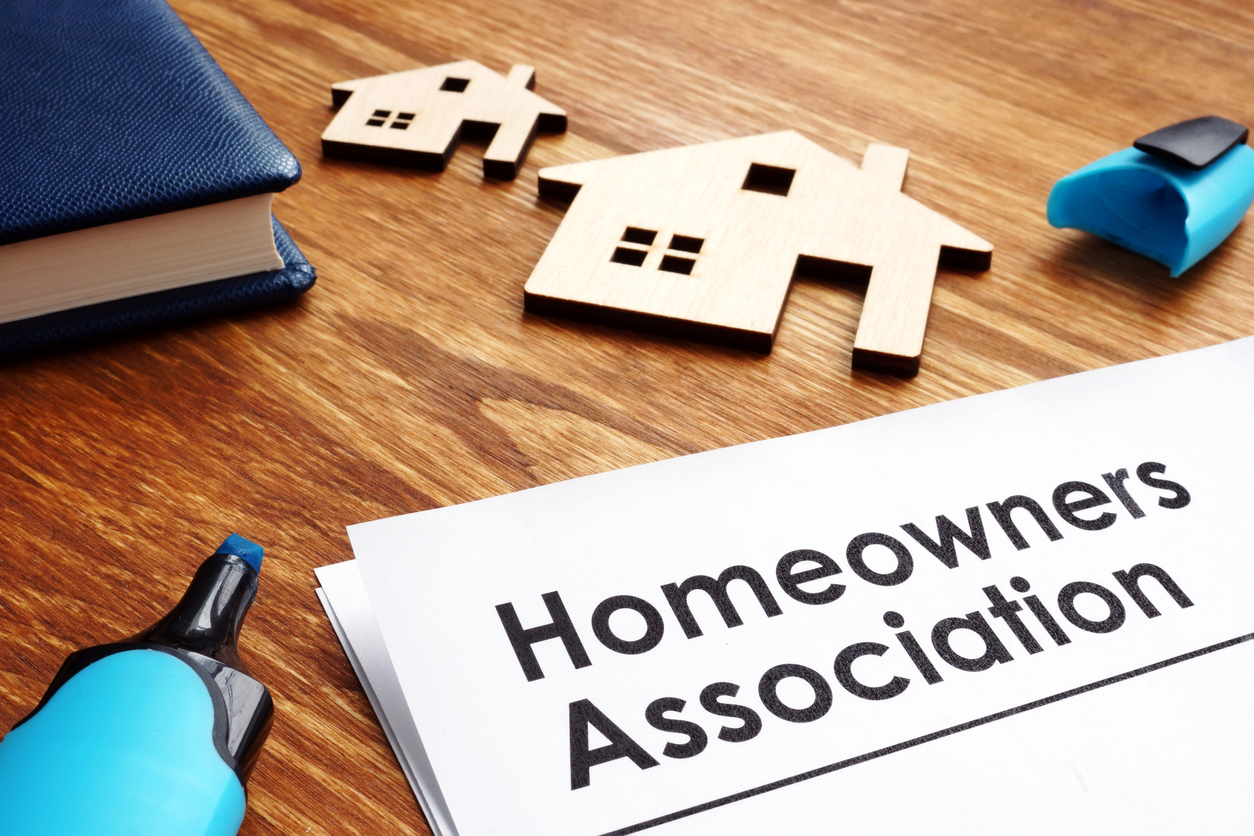
The HOA regulations that help to run a homeowners association might be met with some disagreement at some point from community members. However, these regulations and bylaws are in place to provide the best possible living experience for all living in a homeowners association. From keeping people safe inside the community to creating a pleasant and comfortable environment, bylaws from a homeowners association can help to enhance the overall livability.
For members of a homeowners association, they should be free to check its governing documents and bylaws as well as state and local laws to understand why certain rules are in place. For board members of a homeowners association, there should be an emphasis on understanding the importance of clear, coherent rules and bylaws in order to avoid confusion and disputes down the road.
Here’s a closer look at bylaws and HOA regulations that are typical of an association.
CC&R
The Declaration of Covenants, Conditions and Restrictions (CC&Rs) outline the rules or restrictions the owners of the community must follow in all HOA’s and community associations. The CC&R’s are restrictions for the property that are in place no matter who owns or is in charge of the property.
The CC&R’s list in great detail the association’s covenant for certain assessments. This gives the association the right to charge the dues to each of its members and lists the consequences for any non-payments. In most cases, the HOA can enforce these rules through their management company.
Common Areas
Common areas for a community association are usually under the jurisdiction of the homeowners association. These areas are where most of a homeowners association’s members spend their time together outside of their homes, which is what makes them so important for the association to regulate. An HOA should put emphasis behind keeping common areas maintained and clean.
It’s also just as important to have certain rules and restrictions in place for using these areas so community members can follow them and not disrupt the use for others.
Association members should be directed to never leave any of their belongings in common areas. Whether it’s a bike or toys, these items can create hazards for the entire community.
Playgrounds
Like common areas of a homeowners association, playgrounds are another part of a community which the HOA board has power over. A playground can present plenty of unique hazards for members, especially if children are left unsupervised or if the equipment isn’t properly maintained. If injuries do occur or damage is made, the HOA could end up getting sued. This is why putting emphasis on rules and maintenance are important as well as obtaining and updating HOA insurance, such as Directors and Officers coverage.
Although an HOA is responsible for upkeep of a playground, like common areas and landscaping, HOA’s aren’t responsible for supervising children playing on a playground. Parents and guardians should be made aware that they are in charge of supervising their children at all times. Members should be made to make sure that their children use the equipment on the playground as intended so they can prevent risk of injury.
It’s also just as important to set up reasonable hours for use of the playground. Most community managers usually suggest closing a playground and other common spaces during stormy weather as playground equipment can create accidents as a result.
Having these HOA regulations and bylaws can help to ensure everyone’s safety and pleasant living inside a homeowners association. Instead of restricting the daily lives of those living in a community, they are meant to keep everyone safe and happy.
About Kevin Davis Insurance Services
For over 35 years, Kevin Davis Insurance Services has built an impressive reputation as a strong wholesale broker offering insurance products for the community association industry. Our president Kevin Davis and his team take pride in offering committed services to the community association market and providing them with unparalleled access to high-quality coverage, competitive premiums, superior markets, and detailed customer service. To learn more about the coverage we offer, contact us toll-free at (855)-790-7393 to speak with one of our representatives.


